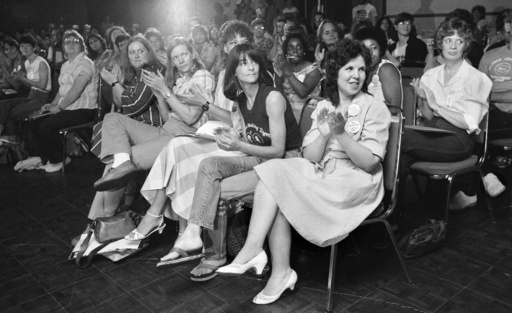Betty Jean Hall, a trailblazing Appalachian lawyer and federal administrative judge who played a key role in opening up coal mining jobs to women, passed away at the age of 78. She died in Cary, N.C., where she had been residing since retiring in 2019, as shared by her daughter Tiffany Olsen to The Associated Press. Originally from Kentucky, Hall earned her bachelor’s degree from Berea College in 1968 and later studied law at Antioch School of Law in Washington, D.C. In 1977, she founded the Coal Employment Project, a Tennessee-based advocacy group.
Hall’s interest in women pursuing careers in mining was sparked when she discovered a Tennessee mining company that wouldn’t even allow women to tour its mine, let alone work there, as reported in a 1979 profile in The New York Times. Prior to Hall’s efforts, there were very few women in the coal mining industry, explained Davitt McAteer, who served as assistant secretary for the U.S. Mine Safety and Health Administration during the Clinton administration.
Hall effectively pressured mining companies nationwide to hire women by initiating anti-discrimination lawsuits. McAteer noted that Hall’s argument was straightforward yet impactful; she emphasized that women deserved equal job opportunities in the mining sector to support themselves and their families. Through Hall’s advocacy, coal companies were compelled to change their hiring practices, leading to the employment of hundreds of women miners by the late 1970s.
In addition to securing job opportunities for women in mining, the Coal Employment Project, under Hall’s leadership from 1977 to 1988, successfully advocated for paid parental leave for miners, ultimately contributing to the passage of the Family and Medical Leave Act of 1993. Although Hall passed away, her legacy lives on through the multitude of women she empowered and the significant impact she had on the coal mining industry.


